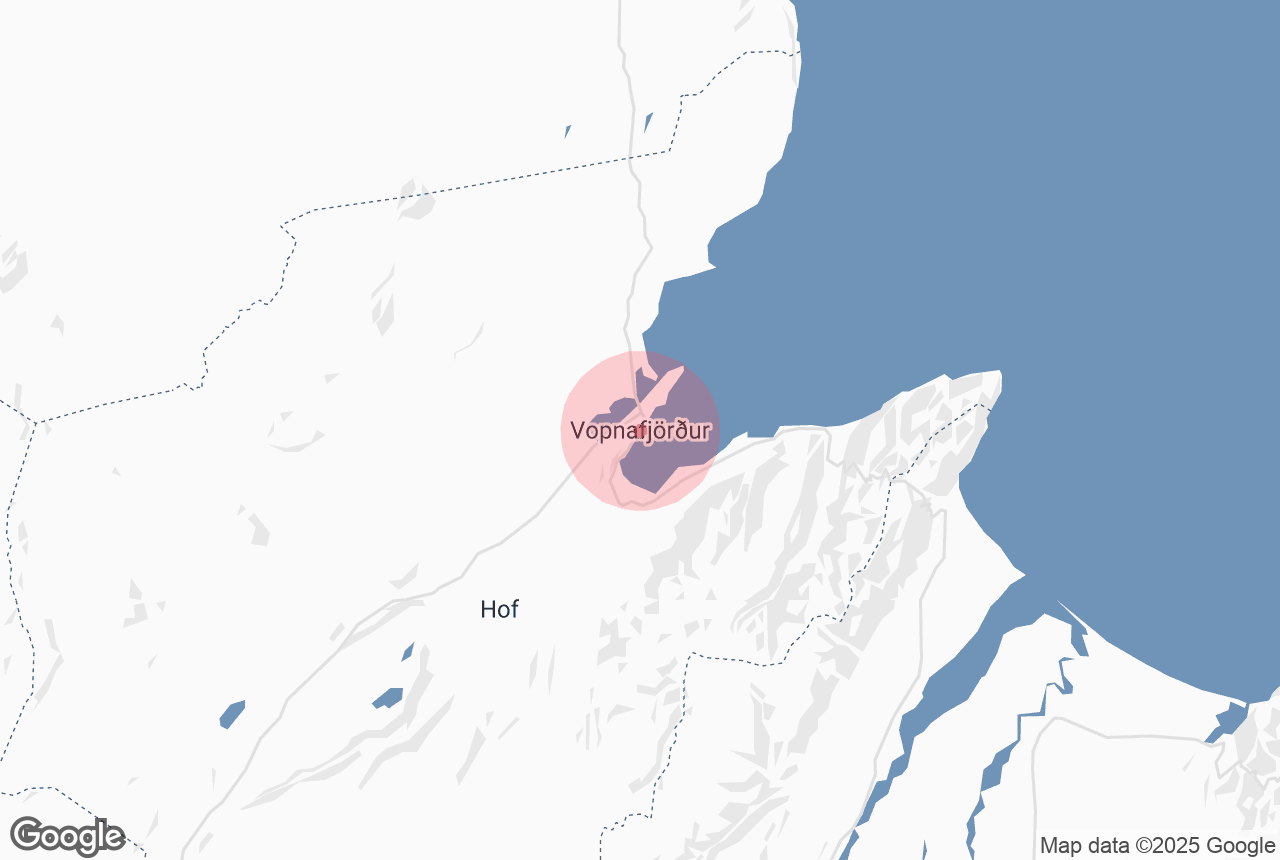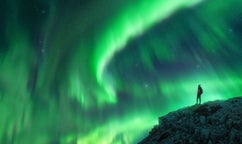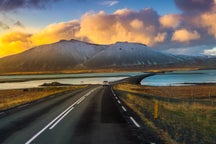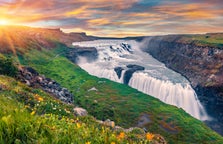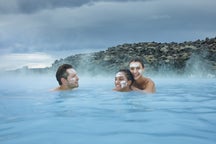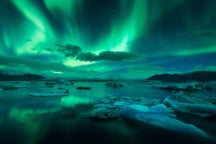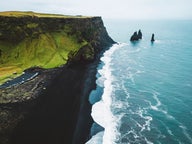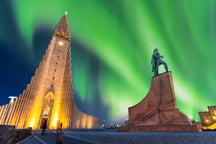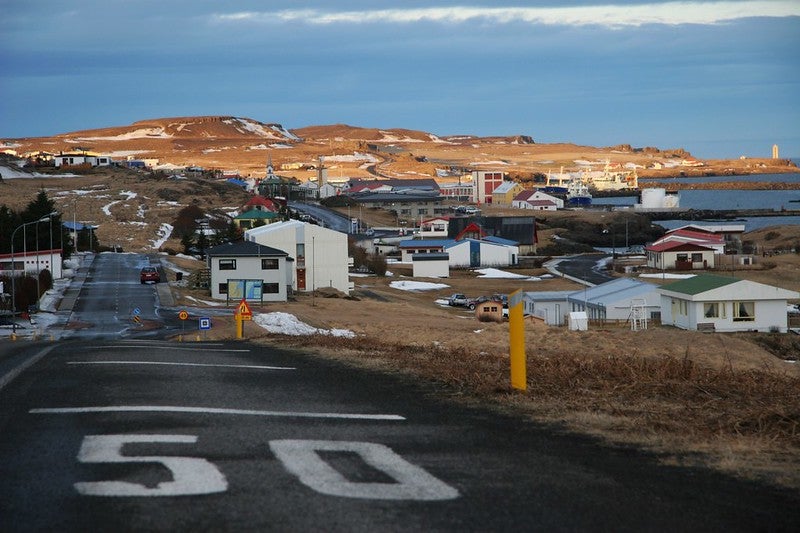
The fjord separates the headlands of Digranes and Kollumúli and joins the two great bays of Bakkafloi and Heradsfloi on each side. In the middle of the fjord is a long spit by the name of Kolbeinstangi, where on the northern end lies Vopnafjordur Village, also known as Vopnafjardarbaer.
Explore this area of Iceland on a self-drive tour.
Why You Can Trust Our Content
Guide to Iceland is the most trusted travel platform in Iceland, helping millions of visitors each year. All our content is written and reviewed by local experts who are deeply familiar with Iceland. You can count on us for accurate, up-to-date, and trustworthy travel advice.
Photo above from Wikipedia, Creative Commons, by Pietr. No edits made.
History
Vopnafjordur was first settled by Vikings late in the 9th century. The name translates to ‘bay of weapons’ and was acquired from one of its settlers, Eyvindur Thorsteinsson, also known as Evyindur Vopni (with ‘Vopni’ referring to weapon).
The municipality is the location of one of the Icelandic Sagas, specifically the Vopnfirdinga saga, which tells stories of disputes between local chieftains of the area in the 10th century.
Centuries later, the surrounding highland farms of the area were the inspiration and main location for local author Halldor Laxness’s epic Independent People (Sjalfstaett folk), the novel that helped him land the Nobel Prize in Literature in 1955. The novel is based on the fact that in the late 19th century, farmers of poverty were forced to move out of the lowlands of Vopnafjordur into the mountains above, where hardships were extreme.
During the same time and due to the hardships in relation to the colossal Askja volcanic eruptions in 1875, Vopnafjordur was also the largest port for Icelanders emigrating to America. Today, the municipality has a population of approximately 800 people.
Culture
The main industries of Vopnafjordur include fish processing, agriculture, and tourism. In the heart of the town, there is a museum called Kaupvangur, which stands in remembrance of all the residents who left port there for Canada and America during the late 19th and the early 20th centuries.
Another noteworthy museum in the area is Bustarfell Museum, located on a farm by the same name 20 km outside of Vopnafjordur Village, where history comes alive in its original setting. Inspectors can also visit Ljotsstadir, the childhood home of Icelandic author Gunnar Gunnarsson.
Geography
The landscape of the area was formed during the last Ice Age when a large glacier that covered the bay carved out the different mountains and rock formations that characterize the peninsula today. The scenery consists of islets, coves, coastal rocks, river mouths, and beaches of black sand.
The largest river that runs into the bay is Hofsa, which is also one of the prime salmon fishing rivers in the entire country. Other salmon-inhabited rivers of the area include Vestura and Sela. South of the bay lies the mountain range of Krossavikurfjoll. The waterfall Gljufurarsfoss is situated on the southern coast.
